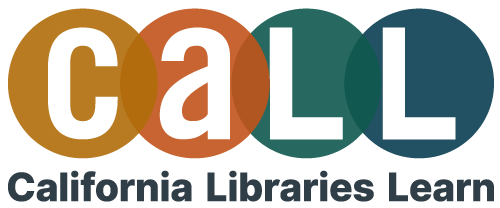Program Type:
WebinarProgram Description
Event Details
Register for this webinar!
Existing organizational systems including Dewey Decimal System and Library of Congress Classification are inherently damaging to Indigenous people and are insufficient for accurately describing and providing access to Native topics. From 2019 to 2024, the Saginaw Chippewa Tribal Libraries worked with community members to create a new classification system, Maawn Doobiigeng (Gather Together). A member of the workgroup and the Tribal Librarian will share about the process of creating this new system, how it is being implemented, and how it is being used in the libraries, particularly in terms of health-related resources.
This webinar focuses on increasing health equity through information and aligns with NNLM’s area of interest to address the needs of minority and underserved populations.
Guest speakers:
Kehli A. Henry, PhD, Postdoctoral Fellow, STEM Ed PaCER Program, Michigan State University
Kehli Henry is a Postdoctoral Researcher in the STEM Ed PaCER (Participatory and Community Engaged Research) Project at MSU. Her father is an enrolled citizen of the White Earth Chippewa Tribe of Minnesota, and she was raised bi-culturally in Michigan to be a proud Anishinaabekwe (Ojibwe woman). Kehli has worked for the Saginaw Chippewa Indian Tribe of Michigan for much of her professional life, primarily in the Education Department and youth serving programs. Additionally, she has worked as a Cultural Resource Development Intern at the Ziibiwing Center of Anishinaabe Culture and Lifeways, a Grants Analyst, and a member of the Saginaw Chippewa Data Governance Board. Her most recent role there was as Coordinator for Project AWARE, a five-year, nine million dollar SAMHSA grant to increase awareness of youth mental health needs, increase access to services, and implement trauma-informed school best-practices. Kehli’s graduate studies in Michigan State University’s Department of Anthropology were broadly focused in Cultural and Medical Anthropology, with special emphasis on health and wellness in contemporary American Indian communities. As a researcher with STEM Ed PaCER (and beyond), she hopes to further community-driven research, evaluation, and capacity building within Tribal nations, and is currently focused on Indigenous Data Sovereignty efforts.
Anne Heidemann, MLIS, Tribal Librarian, Saginaw Chippewa Tribal Libraries
As a library professional with over 20 years of experience, Anne serves as the Tribal Librarian for the Saginaw Chippewa Indian Tribe, where she is responsible for the Saginaw Chippewa Tribal Library, a public library open to all; the Saginaw Chippewa Tribal College Library, at a two-year community college open to all; and the Wii Maajiikwad Library, at an elementary school serving Tribal members and descendants and members and descendants of other tribes. Grant-writing and project management both play a large role in her duties in additional to regular library operations. As a settler, it is an honor for Anne to serve this community and do this good work.
By registering for this class, you are agreeing to the NNLM Code of Conduct
Objectives:
- Participants will be able to identify at least one way in which Dewey/LCC are insufficient for accurately describing and providing access to Native topics
- Participants will be able to identify how health related resources are placed in the Maawn Doobiigeng system
This webinar is presented by National Library of Medicine.
